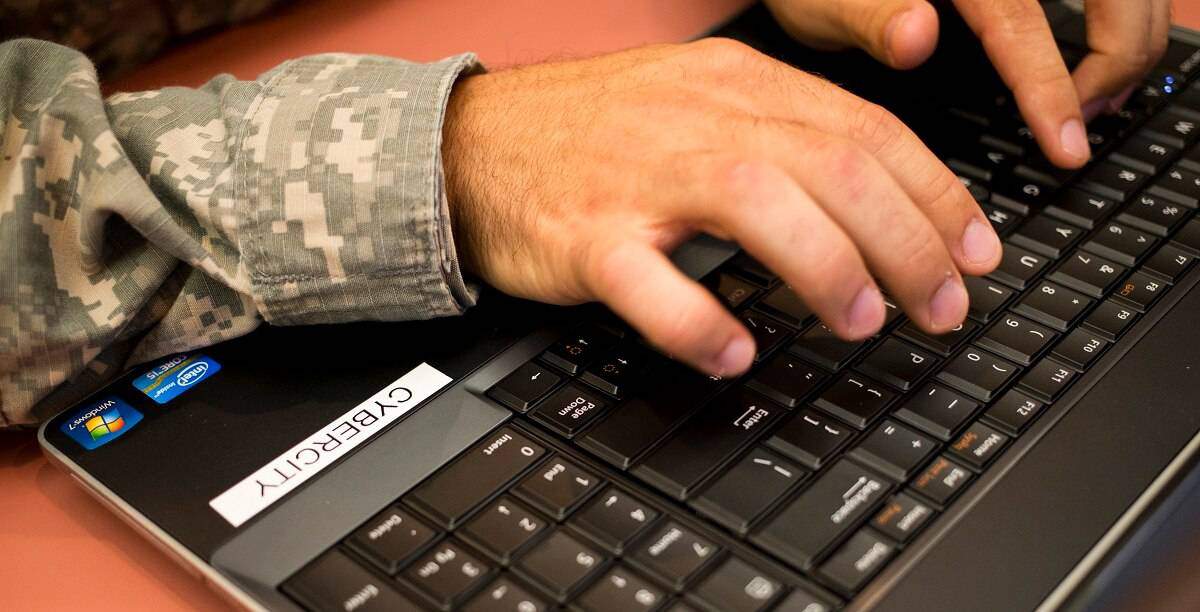Army awards contract to help commanders visualize cyberthreats

The Army has awarded a $21 million contract for a technology prototype meant to help commanders visualize, collaborate and report cyberthreats in order to improve decision-making.
Under the other transaction authority contract awarded April 12 to Research Innovation Inc., the company will produce the prototype for the service’s Cyber Situational Understanding program. The contract was awarded by the Army’s Program Executive Office Command, Control, Communications-Tactical, or PEO C3T.
“With Cyber SU, tactical units are afforded the ability to view cyberspace events, associated impacts and related status quickly by correlating in time, physical and logical space; across likely threat vectors and actions; and phases of operation and mission types,” said Jerry Harper, product lead for Mission Command Cyber. “These tools will enable tactical commanders to make faster and more informed action decisions.”
According a news release from PEO C3T, the Cyber SU program will live on the Army’s core Command Post Computing Environment software and server hardware.
“Using CPCE’s infrastructure, Cyber SU will build and present a consolidated picture of the Cyberspace Electromagnetic Activity (CEMA) operational environment relevant to strategic, operational and tactical Army units,” the news release said.
The Cyber SU program has three phases: see yourself, see the battlespace and understand the battlespace. Research Innovation’s prototype will address requirements across all three phases, the release said.
“As each phase builds, the prototype software will provide a tactical commander and staff the capability to visualize and understand the physical, logical and cyber-persona layers of cyberspace, and understand the adverse effects and impact,” the release added.
Work will begin on the initial phases of the Cyber SU tools in fiscal 2021, according to the release.
Photo: The Army awarded a $21 million cyber situational understanding contract to Research Innovation Inc. (Staff Sgt. Tracy J. Smith/Georgia Army National Guard)




